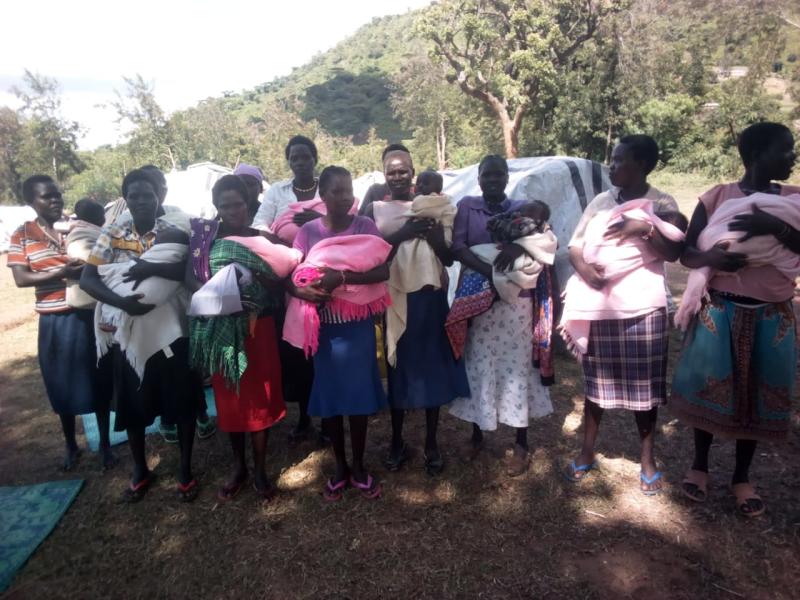×
The Standard e-Paper
Stay Informed, Even Offline

Thirteen women displaced following landslides triggered by heavy rains in West Pokot have delivered in evacuation camps.
The mothers successfully delivered their bundles of joy at Paroo evacuation camp in crowded tents that were erected last November by humanitarian agencies after the tragedy.